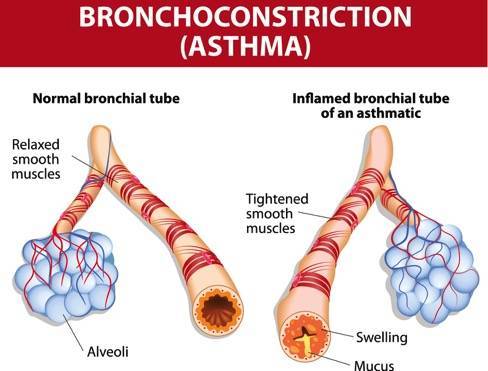Paralysis
Paralysis is a medical condition characterized by the loss of muscle function in certain parts of the body, leading to the inability to move or control them voluntarily. It is often caused by damage to the nervous system, particularly the spinal cord or the brain. Paralysis can be partial or complete, affecting either a specific area or the entire body, and may be temporary or permanent depending on the underlying cause and severity of the injury.


Dengue
Dengue is a mosquito-borne viral infection that causes flu-like symptoms and, in severe cases, can lead to potentially life-threatening complications. The disease is caused by the dengue virus, which is transmitted to humans primarily through the bites of infected female Aedes mosquitoes, particularly Aedes aegypti and Aedes albopictus.
Pneumonia
Pneumonia is a common respiratory infection that affects the lungs, causing inflammation and filling the air sacs with fluid or pus. This condition can be caused by various microorganisms, including bacteria, viruses, fungi, or, less commonly, parasites. The infection interferes with the normal functioning of the lungs, impairing the exchange of oxygen and carbon dioxide.


Asthma
Asthma is a chronic respiratory condition that affects the airways, which are the tubes that carry air in and out of the lungs. It is characterized by inflammation and narrowing of the airways, making it difficult for individuals with asthma to breathe properly. The condition is usually triggered by certain environmental factors or allergens, leading to recurring episodes of respiratory symptoms.
Rhinitis, Sinusitis
Rhinitis and sinusitis are two common medical conditions related to the respiratory system, specifically involving the nose and sinuses. Though they have some similarities, they are distinct conditions with different symptoms and causes.


Renal Stones
Renal stones, also known as kidney stones or nephrolithiasis, are solid mineral and salt deposits that form in the kidneys. These stones can vary in size, ranging from tiny crystals to larger, more noticeable structures. Kidney stones can develop in one or both kidneys and may cause significant discomfort and pain when they move through the urinary tract.
Make an appointment


